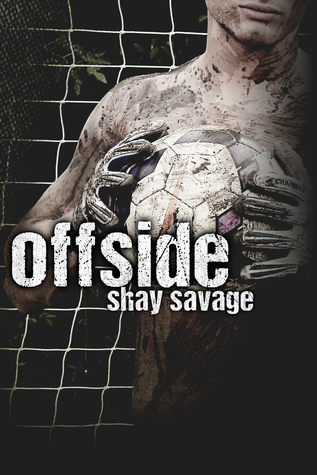 Lennon Walker, called Lennie or Len, is a high school student whose love for nature and band comforts her throughout the day. Lennie's mother left when she and her older sister Bailey were young, but Lennie never minded because she had Bailey, her grandmother Gram, and her Uncle Big. Bailey's sudden death from arrhythmia while she is rehearsing the lead in the play Romeo and Juliet throws Lennie, Gram and Uncle Big into a depression that takes some time to overcome.
Lennon Walker, called Lennie or Len, is a high school student whose love for nature and band comforts her throughout the day. Lennie's mother left when she and her older sister Bailey were young, but Lennie never minded because she had Bailey, her grandmother Gram, and her Uncle Big. Bailey's sudden death from arrhythmia while she is rehearsing the lead in the play Romeo and Juliet throws Lennie, Gram and Uncle Big into a depression that takes some time to overcome.
Lennie attempts to cope with her loss by leaving notes and poems throughout the town, which often contain conversations the sisters had before Bailey's death. Lennie then begins an unplanned relationship with Toby, Bailey's boyfriend and fiancé, that stems from their shared grief over losing Bailey. In the early stages of Lennie and Toby's relationship, Lennie meets a new boy in town: Joe Fountaine, a handsome and positive friend who shares her love for music and helps her almost forget about her sister's death. Joe visits Lennie daily, befriends Gram and Uncle Big as well, and Lennie and Joe start to fall in love. Lennie maintains her lustful and secretive relationship with Toby, creating an awkward situation as Lennie resents him but at the same time welcomes his lust for her. As Lennie falls in love with Joe, she hates herself even more for continuing to see Toby as she believes her relationship with Toby is unhealthy and wrong. Lennie also discovers more about her mother and how Bailey was desperate to find her, leaving Lennie confused because she and Bailey never discussed this.
One day, Toby visits Lennie because he is feeling bad and wants to someone to talk to. Lennie kisses Toby on the lips to comfort him, then discovers Joe was watching. Heartbroken, Joe leaves, ending his relationship with Lennie as she discovers that Bailey was pregnant with Toby's baby.
Lennie tries to make up with Joe by taking him some of Gram's roses, but doesn't succeed. Gram becomes furious with Lennie for cutting her roses and criticizes her for being selfish. Lennie realizes that she needs to change, apologizes to her grandmother, and tells her about the situation with Joe. Gram reassures Lennie that Joe is in love with her. Lennie writes Joe a letter expressing her feelings, and Joe ultimately forgives her and they reconcile. Toby and Lennie become good friends and visit Bailey's grave together to apologize to her. Lennie walks away from the grave with a smile, knowing that her sister would have forgiven her and that the only way to deal with grief is to accept that it is a part of you and to look ahead to the future.
 What would you do if your husband, the father of your children, carried on a months-long affair with a younger woman? What would you do if the woman wrote to you, sending you a box full of explicit texts and chat transcripts detailing the things her husband had wanted to do to her?
What would you do if your husband, the father of your children, carried on a months-long affair with a younger woman? What would you do if the woman wrote to you, sending you a box full of explicit texts and chat transcripts detailing the things her husband had wanted to do to her?
















